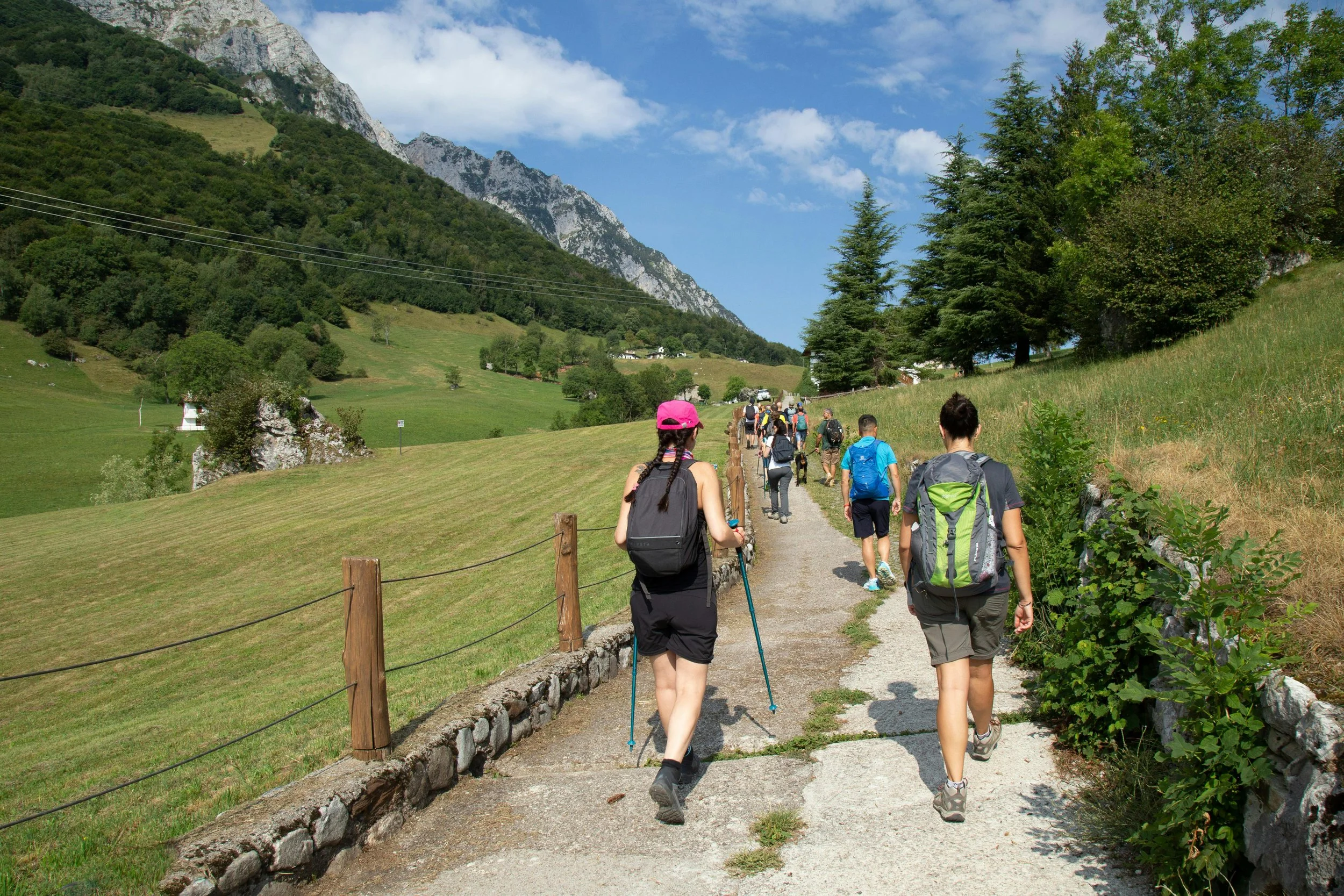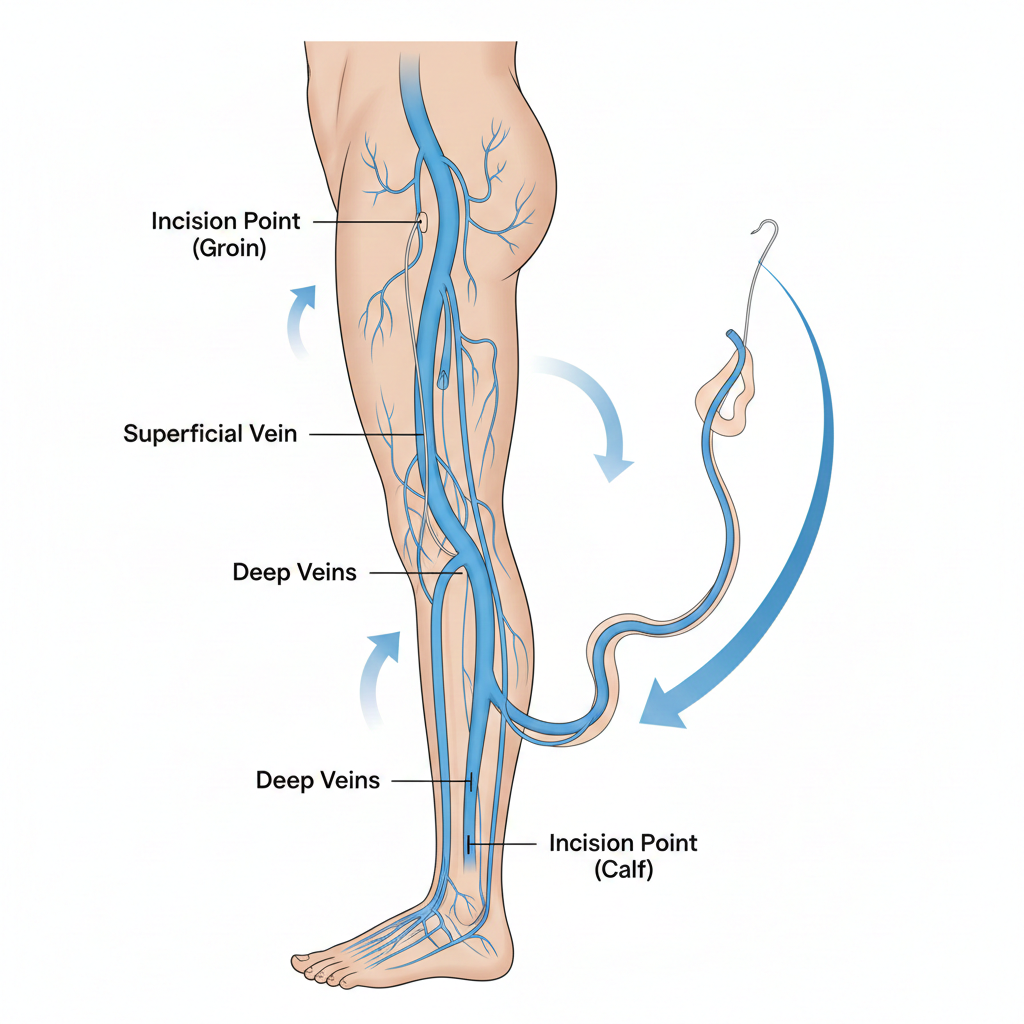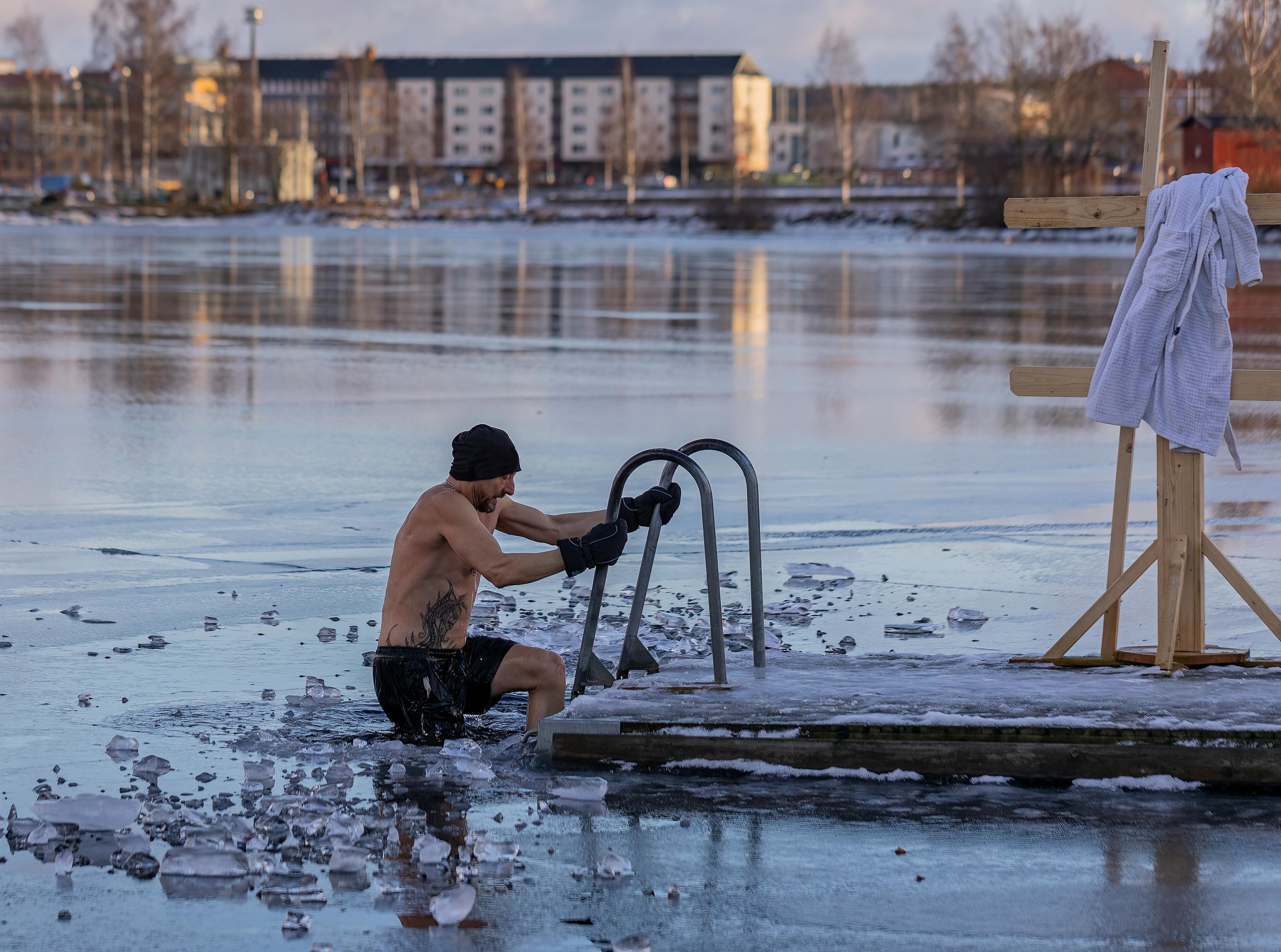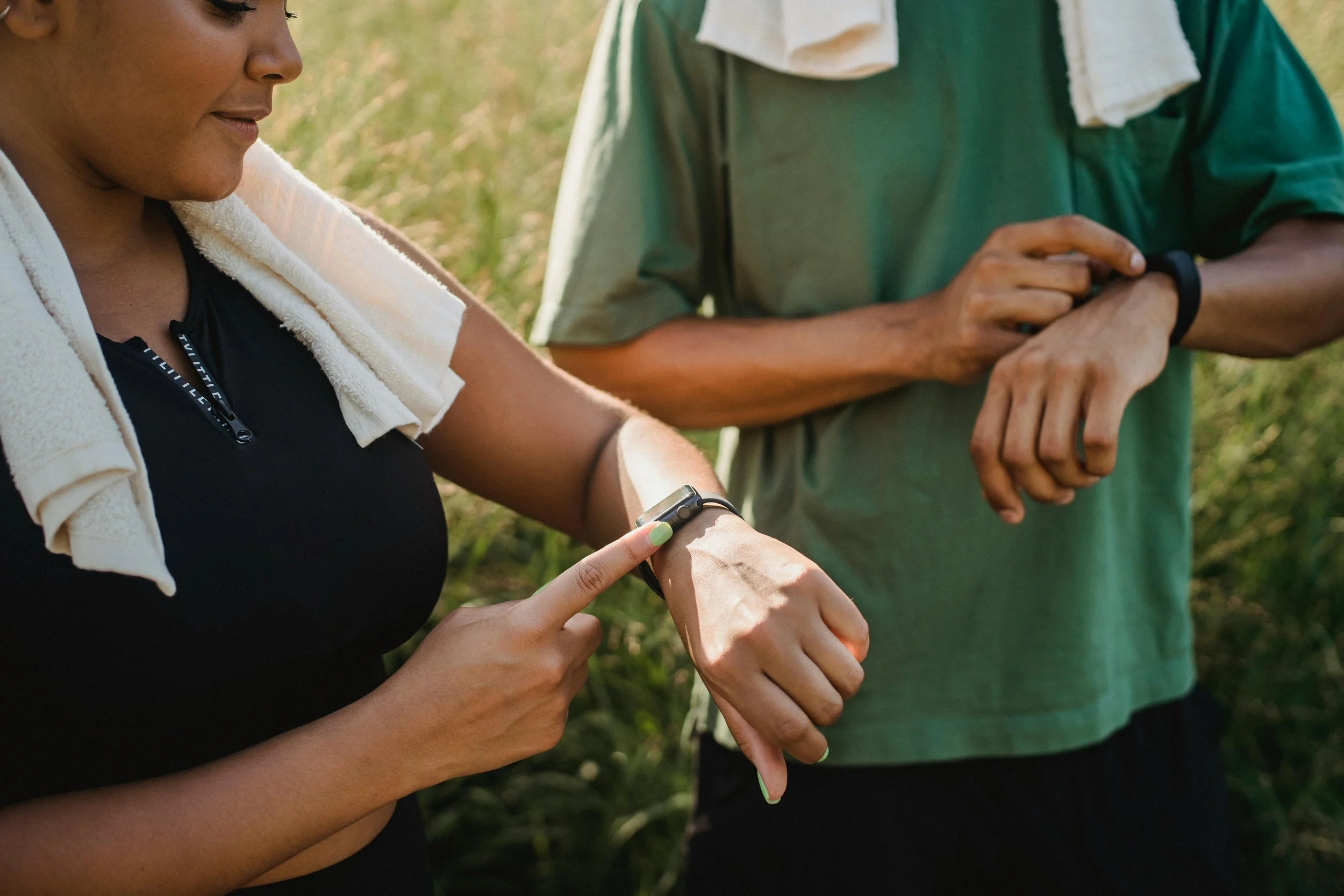
BLOG

Preparing for DVT Awareness Month
DVT Awareness Month highlights the serious risks of deep vein thrombosis and empowers you to recognize symptoms and take preventive action.

How Standing Desks Impact Circulation and Vein Health
Standing desks have become popular, but do they actually benefit your veins? Discover the truth about standing, sitting, and circulation health.

Creating a Vascular Health Action Plan for the New Year
Start the new year with a comprehensive vascular health action plan that addresses circulation, lifestyle habits, and preventive care for healthier veins.

The Truth About Vein Stripping: Is It Still Performed Today?
Learn about the evolution of vein stripping, why it's rarely performed today, and what modern minimally invasive treatments have replaced this traditional surgery.

Can Cold-Water Therapy Benefit Your Veins?
Cold-water therapy can reduce inflammation and leg swelling while temporarily improving circulation, but understanding proper use and limitations is essential for vein health.

Goals to Improve Venous Well-being in the Coming Year
Setting specific, achievable goals for venous health can transform your circulation, reduce vein-related symptoms, and support long-term vascular wellness throughout the year.

How Potassium Supports Vascular Function
Potassium plays a vital role in vascular function by regulating blood pressure, supporting circulation, and reducing fluid retention that can stress veins.

Understanding May-Thurner Syndrome
May-Thurner Syndrome occurs when the iliac artery compresses the iliac vein, causing leg swelling, pain, and increased blood clot risk in affected individuals.

How Winter Affects Veins and Protective Measures
Cold weather creates complex effects on vein health, sometimes masking symptoms while potentially worsening underlying conditions through various physiological changes.

Managing Vein Health During the Holiday Season
The holiday season brings joy and celebration, but it also presents unique challenges for vein health that require awareness and proactive care.
